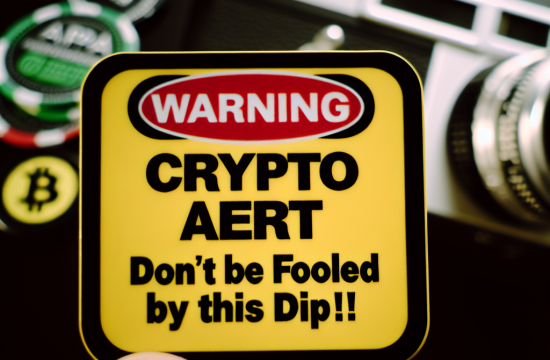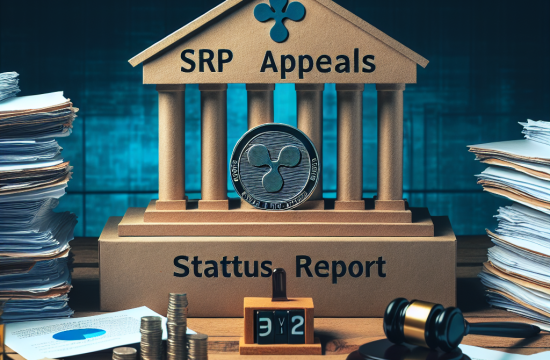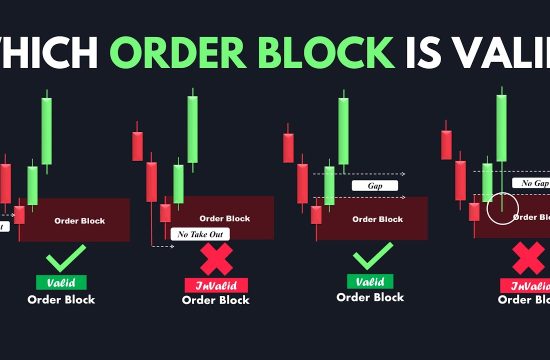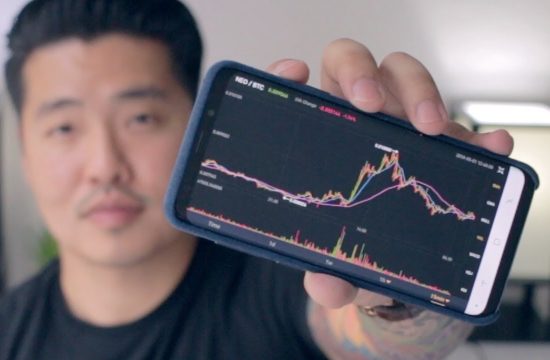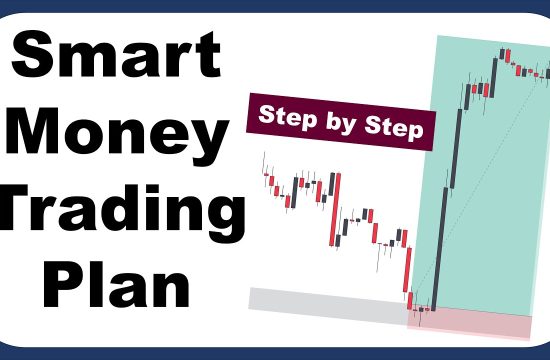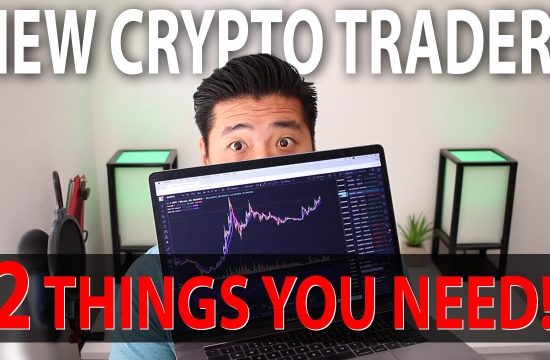Understanding Bitcoin Fundamentals
What is Bitcoin?
Let me tell you, the first thing anyone starting out in Bitcoin trading should know is what Bitcoin actually is. It’s not just digital money; it’s a decentralized currency that runs on blockchain technology. That means it’s not controlled by any government or financial institution. Imagine all those little miners working hard to approve transactions and keep the network running smoothly—pretty cool, right?
Understanding Bitcoin goes beyond simple definitions. It’s essential to grasp the concept of supply and demand. Bitcoin has a fixed supply cap of 21 million coins, which inherently creates scarcity. As the demand for Bitcoin increases and more people begin to see its value, that fixed supply is what can drive the price up. This is a crucial concept to keep in mind when trading.
Finally, let’s never forget the importance of market cycles in Bitcoin. There are bull markets (when prices soar) and bear markets (when they plummet). Understanding where you are in a cycle can help you make informed decisions about buying and selling.
Developing a Strategic Plan
Setting Clear Goals
When I first jumped into Bitcoin trading, I didn’t have a clear game plan, and boy, did I learn the hard way. Setting your goals is like laying the foundation of a house—you need it to be strong. Are you in it for the long haul? Or do you want to make a quick buck? Defining this early on helps refine your strategy.
Moving forward, I recommend writing down your goals. It could be to hit a certain profit percentage or just to gain knowledge over the next few months. Trust me, seeing it in black and white can be really motivating. Plus, you can measure your success against these goals as you go.
Finally, be flexible! The market can twist and turn on you in an instant. What you thought might have been a good goal last week could be irrelevant today. Adaptability in your strategy will set you apart from the crowd.
Risk Management Techniques
Understanding Your Risk Tolerance
One of the biggest lessons I learned was knowing my own risk tolerance. Not everyone reacts the same to market fluctuations. Personally, I’ve always been a bit more conservative, but some traders love the thrill of high risk. Deciding how much of your portfolio to allocate to Bitcoin is key to protecting your hard-earned cash.
As you think about your risk tolerance, consider using stop-loss orders. They act like a financial safety net, automatically selling your Bitcoin if prices drop to a certain point. This can be a lifesaver during volatile periods. Trust me; it can save your account from a total meltdown.
Last but not least, never risk money you can’t afford to lose. This is the golden rule! The excitement of trading can be intoxicating, but when you start thinking about the mortgage payment you just put on the line—yikes! Keep it chill.
Practicing Patience and Research
The Importance of Research
Diving into Bitcoin trading without research is like jumping into the deep end without knowing how to swim. Do your homework! From understanding the latest news affecting Bitcoin prices to researching technical analysis patterns, knowledge truly is power here.
I often set aside dedicated time each week to consume Bitcoin-related content—blogs, podcasts, YouTube channels. You’d be surprised at how much information is out there! The more informed I am, the better decisions I can make when I finally decide to trade.
And don’t just rely on one source of information. Collate different perspectives, and then form your own opinions. The world of cryptocurrency evolves rapidly, and you want to stay ahead of the curve!
Building a Community
Finding Like-Minded Traders
When I was starting out, I quickly realized that I didn’t have to go it alone. Connecting with other Bitcoin traders has been one of the best things I’ve done for my trading journey. There are numerous forums and social media groups where enthusiasts share their experiences, strategies, and insights.
These communities often feel like a support group where you can vent your frustrations or celebrate your wins! Plus, these connections can offer you fresh insights and different perspectives that you might have never considered before.
Lastly, never shy away from asking questions even if they feel trivial. Everyone was a beginner once, and there’s no shame in seeking clarity. Most traders are more than happy to help; it’s part of building a healthy community.
FAQ
1. What makes Bitcoin different from regular currency?
Bitcoin operates on a decentralized network, meaning there’s no central authority, like a government or bank, controlling it. It allows for peer-to-peer transactions, providing more autonomy and potentially lower transactional costs.
2. How do I start trading Bitcoin?
Begin by educating yourself about Bitcoin and how trading works. Next, choose a reputable exchange to start buying and selling Bitcoin. Setting clear goals and devising a strategic plan are also crucial steps.
3. What is the best strategy for trading Bitcoin?
There isn’t a one-size-fits-all strategy. However, setting clear goals, researching diligently, and managing risks wisely are excellent foundations for any trading strategy. Don’t forget, patience is key.
4. How much should I invest in Bitcoin?
This really depends on your financial situation and risk tolerance. Only invest what you can afford to lose. It’s crucial to maintain a balance that won’t put you in financial jeopardy if the market swings wildly.
5. Why is community important in Bitcoin trading?
Building a community with like-minded traders can offer support, knowledge sharing, and emotional backing during the tough times in trading. You can learn from their experiences, ask questions, and celebrate wins together!
Related Content
- Puerto Rico Defines Act 60 Tax Exemptions for Blockchain Companies
- State-Run Chinese Newspaper Economic Daily Warns Against ‘Betting Big’ on the Metaverse
- Greenback Flexes: Dollar Index Reaches Highest Level in Over Two Years
- Bitcoin Technical Analysis: BTC Faces Downward Pressure Amid Market Uncertainty
- Donald Trump Commits to Championing Bitcoin Mining in DC



